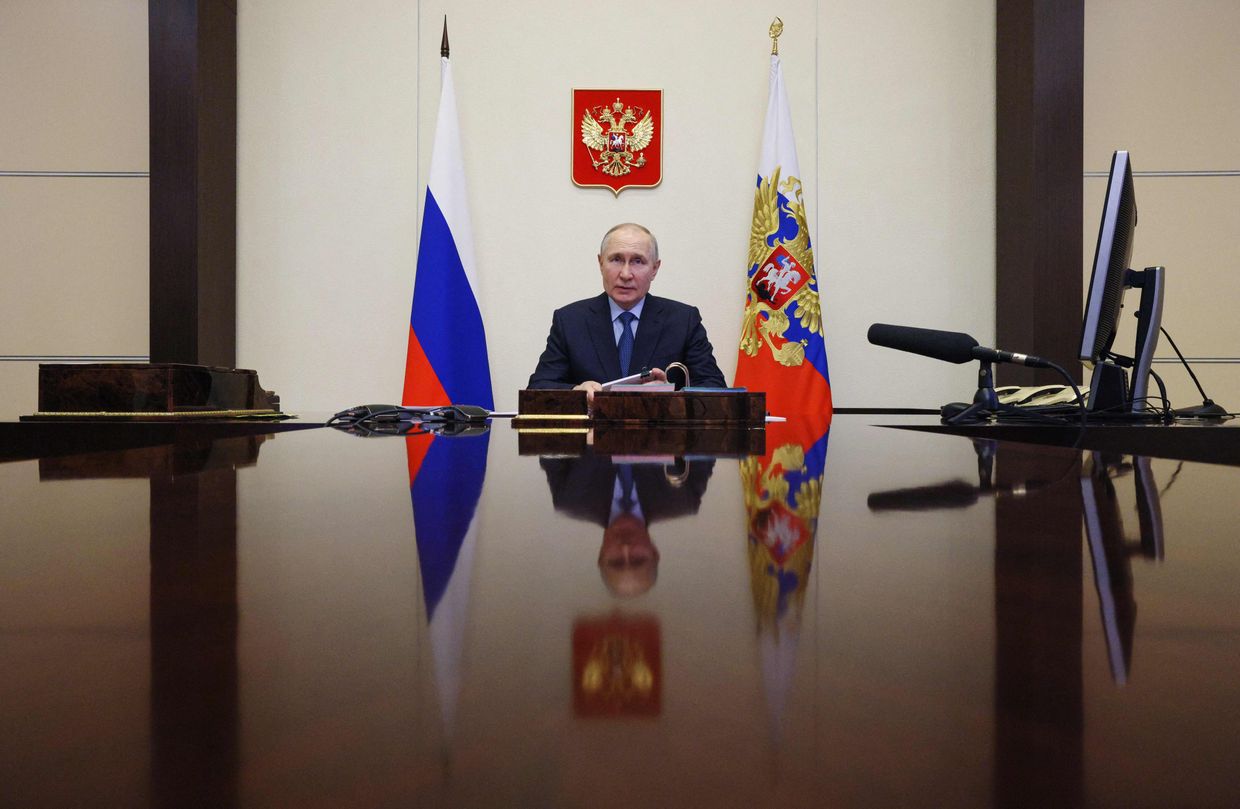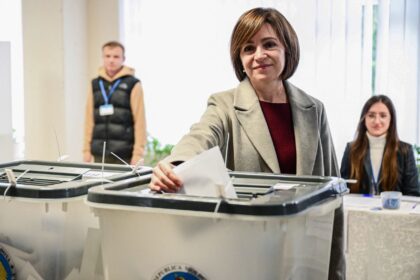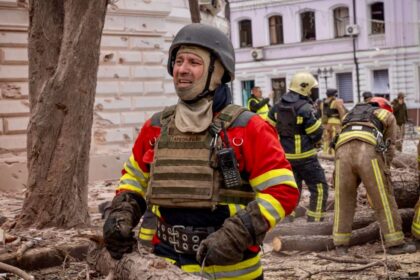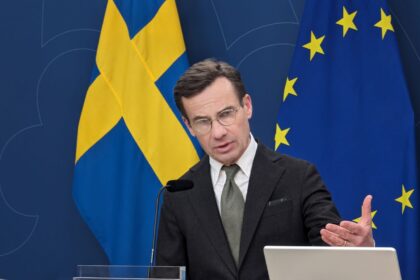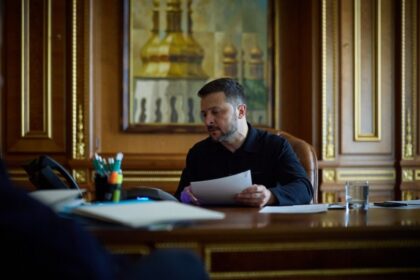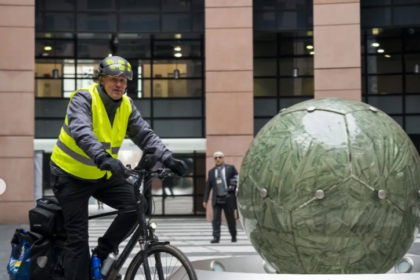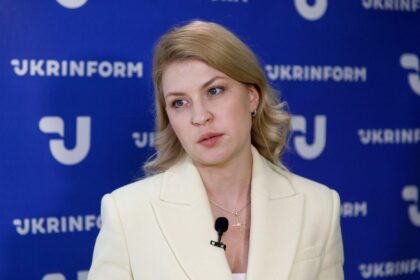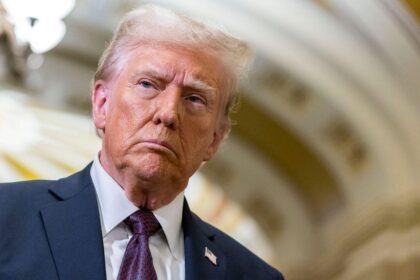**Russia Expands “Foreign Agents” Law, Targeting Individuals Supporting Hostile Actions**
Russian President Vladimir Putin has signed a new law that expands the country’s existing “foreign agents” legislation. This move is expected to further tighten the Kremlin’s control over dissent and criticism in Russia.
Under the new rules, individuals can be labeled as “foreign agents” for assisting in implementing decisions made by international bodies where Russia is not a participant or by foreign state institutions. The actions must be deemed to threaten Russian security for the designation to take effect. This expansion of the law means that anyone supporting activities that are seen as hostile to Russia could face serious consequences.
Those designated under this new law will face significant restrictions, including being barred from engaging in educational and outreach activities, receiving municipal support, or obtaining status as socially oriented nonprofit organizations. This is a clear attempt by the Kremlin to suppress any form of dissent or criticism, especially after the launch of Russia’s full-scale invasion of Ukraine.
**The Widening Chokehold on Dissent**
Russia’s foreign agents law has been a primary tool for suppressing criticism since its introduction in 2012 and significant expansion in 2022. The legislation targets individuals and organizations that receive foreign funding and participate in vaguely defined “political activities.” This has led to thousands being fined or imprisoned for speaking out against the war or spreading information not approved by the state.
The European Court of Human Rights has condemned Russia’s foreign agents law, calling it arbitrary, repressive, and incompatible with international human rights obligations. The signing of this new law only serves to further undermine these values and restrict individual freedoms in Russia.
**Consequences for Russian Society**
This expansion of the foreign agents law will likely have severe consequences for Russian society, stifling any form of dissent or criticism. The Kremlin’s control over information and media has already led to widespread censorship and self-censorship within the country. With this new law, even individuals who may not be directly involved in politics could face serious repercussions for supporting actions deemed hostile to Russia.
The long-term implications of this move are likely to be far-reaching, further eroding individual freedoms and democratic values in Russia. The international community will also take note of these developments, as they continue to monitor the situation and provide support to those affected by Russia’s increasingly restrictive laws.
Read More @ kyivindependent.com




